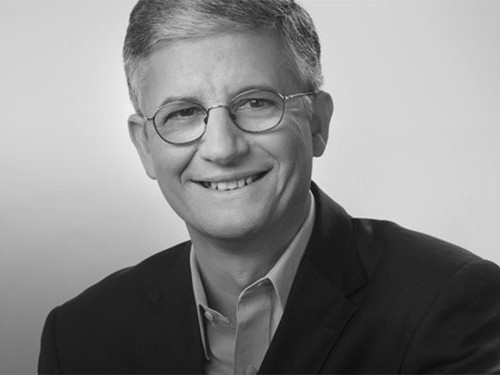In his career he as interviewed about 20,000 people which translates to nearly four interviews per day over 20 years. And what he has learned from that is: “a typical interview is a conversation between two liars. The hirer will tell the candidate that come and join us in paradise...it is a spectacular place, look at the integrity...we change the world, society... And the candidate who is desperate to get the job would say that the day I join you it will be like walking in paradise.”
Also many questions asked in a job interview are absolutely useless in Fernandez-Araoz' opinion. For example: tell me about your strengths and weaknesses. The result mostly is like a glorified lie where the interviewee shows something he hopes the other person will interpret as a strength. Better are interviews with a focus on what needs to be done in the job to check that the person in the past has been able to do something similar that requires similar skills under similar circumstances. For example, if you are looking for a project manager that needs to work on a strict deadline and a very strict budget, then you should ask the person if he has been in a situation where he had to manage a situation with a very tight deadline and a strict budget. Ask what was the situation like, what was his role, how did he do it, what were the circumstances and consequences. And then you need to complement or confirm that the person is telling you the truth.
Also employers should move away from hiring on the basis of competencies and focus more on hiring for potential. In order to assess the potential right, you need to look for four indicators: curiosity, insights…the ability to connect the dots and the ability to separate the signal from noise and to see new possibilities. Also engagement and determination.
Looking at potential is essential because the world has become more volatile and work itself changes. Even if a person has perfect competence for a job, the job will change rapidly and if the person doesn’t have the ability to adapt to the change, things will go wrong. But if they have potential, they will be able to adjust, even at a high level in the future with a more complex job.
For full article go to:
Live Mint

